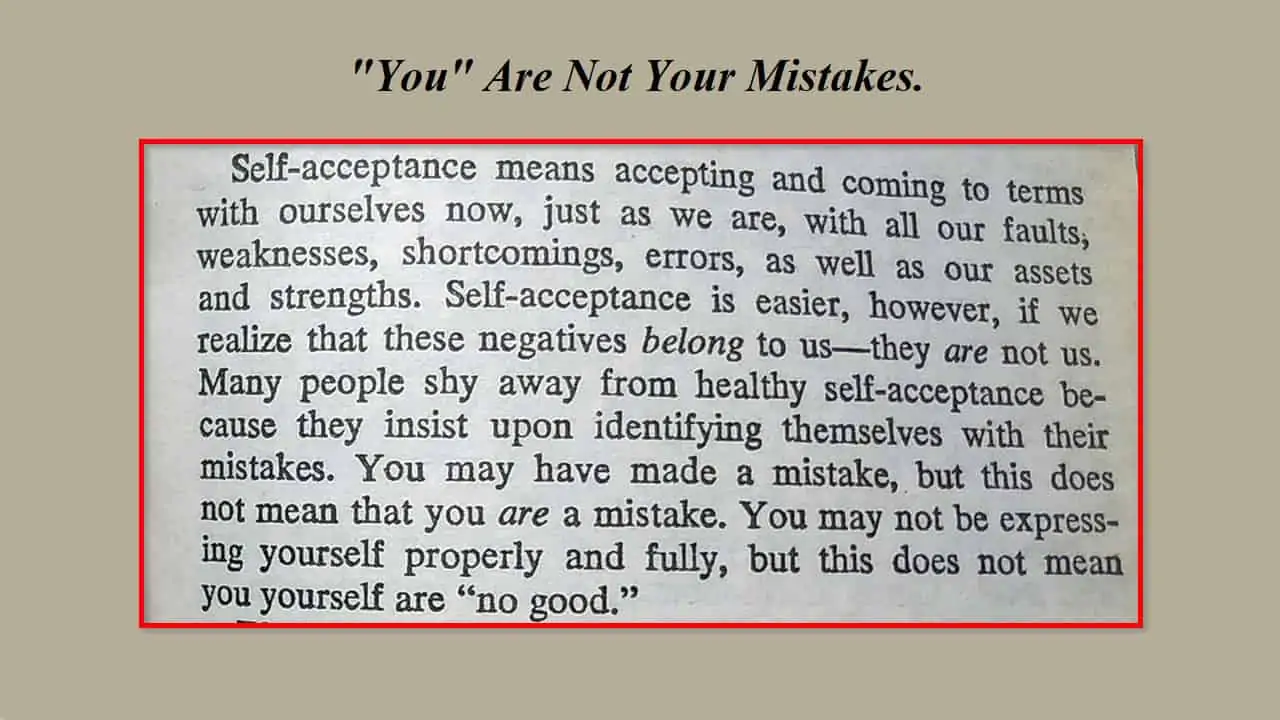• Oct 25, 2023 • Read in ~4 mins
Maxwell Maltz wrote one of the most successful self-help books ever, called Psycho-Cybernetics (read the actionable summary here).“Psycho-Cybernetics” offers evidence-based insights on achieving a fulfilling and successful life. The book explains how to overcome our limitations, change our self-image, and master our fate.
Mlats shows our self-image shapes our actions and beliefs, with a positive image leading to success and a negative image leading to failure. When we see ourselves as a success, we can find more ways to succeed.
Selected Quotes From Psycho-Cybernetics
▪ “The science of Cybernetics does not tell us that “man” is a machine, but that man has and uses a machine. Moreover, it tells us how that machine functions and how it can be used.”
▪ “Our self-image, strongly held, essentially determines what we become.”
▪ “The most liberating of all thoughts is disregard or “disconcern” for what other people think. … Excessive concern over what other people think inhibits personality more than any other factor.”

▪ “To change a habit, make a conscious decision, then act out the new behavior.”
▪ “We are built to conquer the environment, solve problems, achieve goals, and we find no real satisfaction or happiness in life without obstacles to conquer and goals to achieve.”
▪ “We must have the courage to bet on our ideas, to take the calculated risk, and to act. Everyday living requires courage if life is to be effective and bring happiness.”

▪ “A human being always acts and feels and performs in accordance with what he imagines to be true about himself and his environment… For imagination sets the goal ‘picture’ which our automatic mechanism works on. We act, or fail to act, not because of ‘will,’ as is so commonly believed, but because of imagination.”
▪ “When you see a thing clearly in your mind, your creative “success mechanism” within you takes over and does the job much better than you could do it by conscious effort or willpower.”
▪ “We age not by years but by events and our emotional reactions to them.”
▪ “Times will change for the better when you change.”

▪ “To really live, that is to find life reasonably satisfying, you must have an adequate and realistic self-image that you can live with. You must find yourself acceptable to you.”
▪ “Live in the present. The past is gone; the future is unknown – but the present is real, and your opportunities are now.”
▪ “One of the commonest causes of unhappiness … is that they (people) are attempting to live their lives on the deferred payment plan. They do not live, nor enjoy life now, but wait for some future event or occurrence. They will be happy when they get married, when they get a better job, when they get the children through college, when they have completed some task, or won some victory.”
*A deferred payment is an agreement to pay for something at a later date.
▪ “Happiness is a mental habit, a mental attitude, and if it is not learned or practiced in the present, it is never experienced.”

▪ “When one problem is solved, another appears to take its place. Life is a series of problems.”
▪ “Man is by nature a goal-striving being. And because man is “built that way” he is not happy unless he is functioning as he was made to function — as a goal-striver. Thus true success and true happiness not only go together but each enhances the other.”
▪ “The greatest mistake a man can make is to be afraid of making one.”

▪ “Whatever your definition of happiness may be, you will experience happiness only as you experience more life. More living means among other things more accomplishment, the attainment of worthwhile goals, more love experienced and given, more health and enjoyment, more happiness for both yourself and others.”
▪ “If you are to be happy at all, you must be happy – period! Not happy because of.”
▪ “Human beings always act and feel and perform in accordance with what they imagine to be true about themselves and their environment.”
▪ “If you make friends with yourself, you will never be alone.”

Final Words
Let’s finish this with a memorable story from the book.
Maltz helped a nervous salesperson overcome his fear of calling on his higher-ups. Maltz asked if he’d physically crawl into the boss’s office and beg for a dime.
The man replied ‘No.’
Maltz then pointed out that he was mentally doing the same thing, begging for their approval. With this insight, the salesman changed his self-image and became more assertive.
• • •
Author Bio: Researched and reviewed by Dr. Sandip Roy. His expertise is in mental well-being, positive psychology, narcissism, and Stoic philosophy.
√ If you liked it, please spread the word.